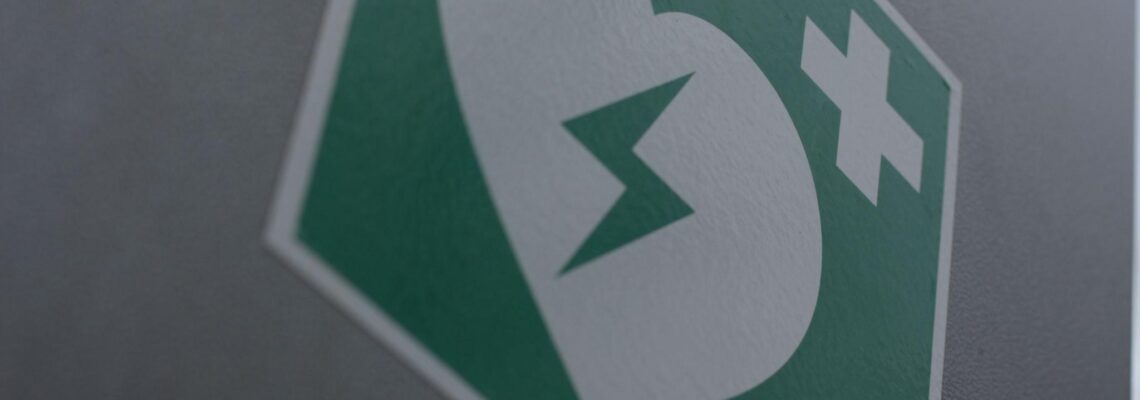
The Key Risk Factors for MASH/MAFLD: What Are the Main Causes?
MASH (non-alcoholic steatohepatitis) and MAFLD (metabolic-associated fatty liver disease) are conditions that affect the liver, and they have become increasingly prevalent in recent years. This article will explore the key risk factors for these conditions, including obesity, diabetes, and high blood pressure. We will also delve into the leading causes of MASH/MAFLD and how lifestyle changes can help prevent and manage these conditions.
What are The Key Risk Factors for MASH/MAFLD?
The key risk factors for MASH/MAFLD include:
- Obesity: Excess body weight is one of the primary risk factors for MASH/MAFLD. When the body has more fat than it can handle, it can accumulate in the liver and cause damage
- Insulin resistance and type 2 diabetes: Insulin resistance, a condition in which the body is unable to use insulin effectively, is closely linked to MASH/MAFLD. People with type 2 diabetes are also at increased risk
- High blood pressure: High blood pressure can damage blood vessels throughout the body, including those in the liver
- High cholesterol and triglycerides: Elevated levels of these fats in the blood can increase the risk of MASH/MAFLD
- Genetics: Certain genetic factors may increase a person’s risk of developing MASH/MAFLD
- Age: MASH/MAFLD is more common in people over the age of 50
- Sedentary lifestyle: Lack of exercise and a sedentary lifestyle can increase the risk of MASH/MAFLD
- Unhealthy diet: A diet high in saturated fat, sugar, and processed foods may contribute to the development of MASH/MAFLD
- Sleep apnea: People with sleep apnea, a condition in which breathing is interrupted during sleep, are at increased risk of MASH/MAFLD

It’s important to note that having one or more of these risk factors does not mean a person will develop MASH/MAFLD, but it does increase the likelihood. Diagnostic tools, such as a Liver blood test, can be used to check for elevated liver enzymes, insulin resistance, and other markers of liver damage.
What Lifestyle Changes Can Help Prevent and Manage MASH/MAFLD?
Making certain lifestyle changes can help prevent and manage MASH/MAFLD. Here are some suggestions:
- Maintain a healthy weight: Losing weight, if necessary, is one of the most effective ways to manage MASH/MAFLD. A healthy diet and regular exercise can help achieve and maintain a healthy weight.
- Eat a balanced, healthy diet: A diet rich in fruits, vegetables, whole grains, lean protein, and healthy fats can help manage MASH/MAFLD. Limiting processed foods, added sugars, and saturated and trans fats is also important.
- Exercise regularly: Regular exercise can improve insulin sensitivity, aid in weight loss, and improve liver health. Aim for at least 30 minutes of moderate-intensity exercise most days of the week.
- Manage diabetes and high blood pressure: If you have diabetes or high blood pressure, work with your healthcare provider to manage these conditions effectively. Medications, lifestyle changes, and regular monitoring may be necessary.
- Limit alcohol consumption: Even though MASH/MAFLD is not caused by alcohol, excessive alcohol consumption can worsen liver damage. Limit alcohol intake to moderate amounts, or avoid it altogether.
- Get enough sleep: Adequate sleep is important for overall health, including liver health. Aim for 7-8 hours of sleep each night.
- Manage stress: Chronic stress can contribute to insulin resistance, high blood pressure, and other risk factors for MASH/MAFLD. Find healthy ways to manage stress, such as meditation, yoga, or counseling.
- Avoid smoking: Smoking can contribute to insulin resistance and damage blood vessels, which can worsen liver damage. Quitting smoking can improve overall health and reduce the risk of MASH/MAFLD complications.
Medications and Supplements for MASH/MAFLD
Currently, there are no FDA-approved medications specifically for the treatment of MASH/MAFLD. However, some medications may be prescribed off-label by healthcare providers to manage certain symptoms or conditions related to MASH/MAFLD. These may include:
- Vitamin E: Some studies have shown that high doses of vitamin E may improve liver function in people with MASH/MAFLD
- Pioglitazone: This medication is approved for the treatment of type 2 diabetes but has also been shown to improve liver function in people with MASH/MAFLD
- Ursodeoxycholic acid: This medication is used to treat certain liver conditions and may be prescribed off-label for people with MASH/MAFLD
- Metformin: This medication is used to treat type 2 diabetes but may also help improve liver function in people with MASH/MAFLD
It’s important to note that these medications should only be taken under the guidance of a healthcare provider and are not a substitute for lifestyle changes such as weight loss, healthy diet, and exercise. Additionally, there is limited evidence for the effectiveness of these medications for MASH/MAFLD, and more research is needed to determine their safety and efficacy
Managing and Treating MASH/MAFLD: Lifestyle Changes, Medications, and Diagnostic Tests
MASH/MAFLD is a complex liver disease with multiple risk factors. However, it is largely preventable and manageable through lifestyle changes such as maintaining a healthy weight, a balanced diet, and regular exercise. Some medications can be used to manage certain symptoms or conditions related to MASH/MAFLD, and various diagnostic tests are available for accurate diagnosis and monitoring of the disease.


